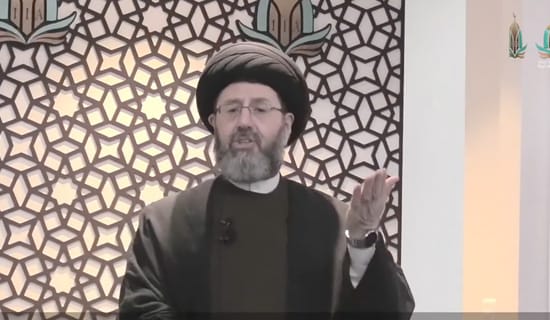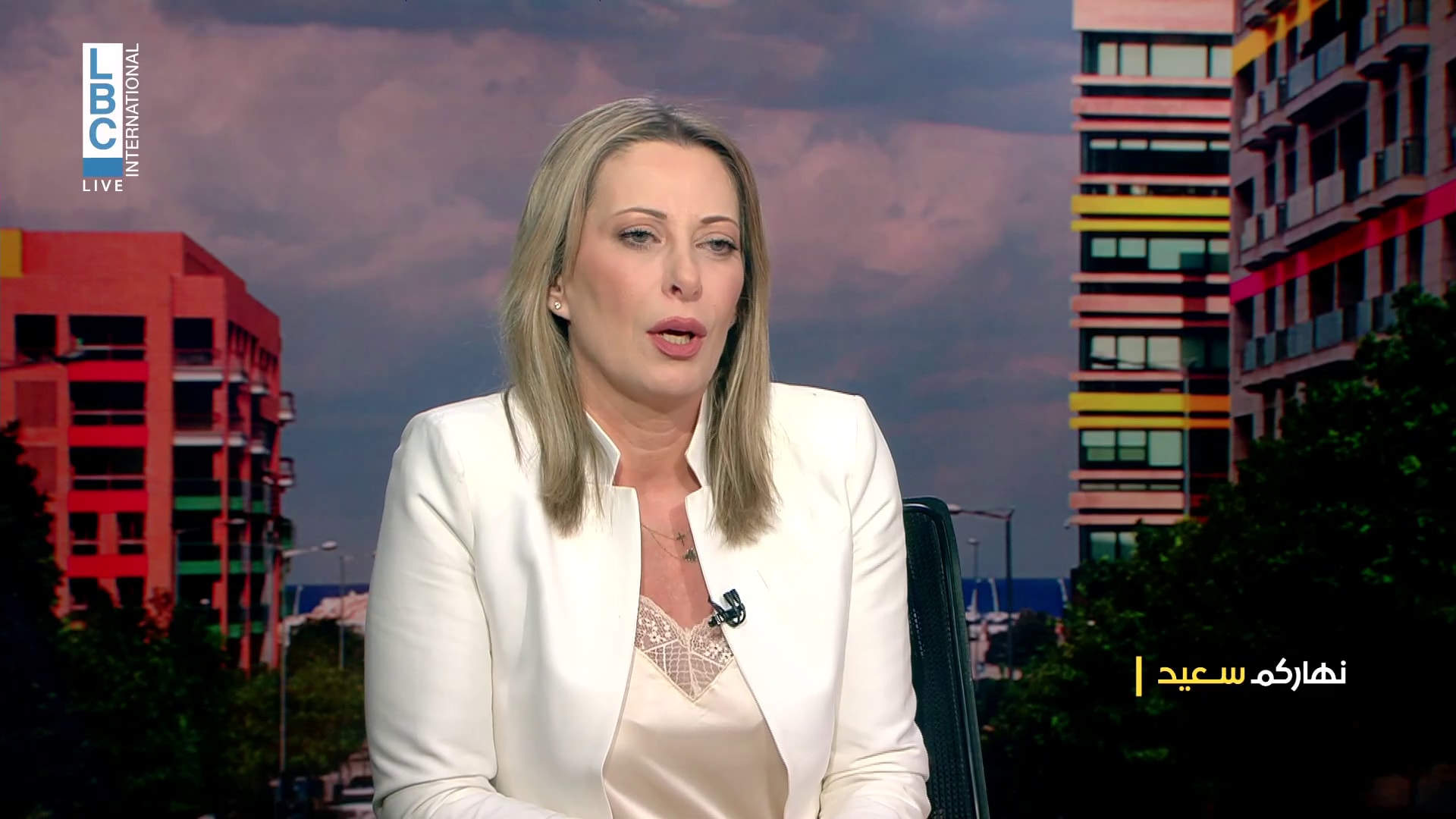
On August 27, 2020, Syrian-American human rights activist Ammar Abdulhamid and Egyptian-American researcher Samuel Tadros discussed the recent normalization of relations between the UAE and Israel. Tadros said that there is no united Islamic or Arab nation, but rather several different countries facing unique challenges, including terrorism and domestic conflicts that have nothing to do with the Palestinians. Abdulhamid said that countries need to define their own priorities, interests, and challenges. He mocked people who view the Arab-Israeli conflict as a religious conflict between Muslims and Jews or Christians, he asked: "Why are they dragging the Jews into a subject that is supposed to be political?" Abdulhamid said that the Arab hostility towards Israel stems from religious considerations and racism, which prevent them from dealing realistically with the changes around them. Tadros agreed and said that Israel is a strong country because of its commitment to democracy and human rights. Abdulhamid further said that boycotting Israel might not be productive, and that normalizing relations with Israel might benefit the Palestinians and incline Israel to make political concessions that it otherwise would not make. For more about Ammar Abdulhamid and Samuel Tadros, see MEMRITV clip no. 7899, 7818, and 7438.
Ammar Abdulhamid: "When we look at the region, people's reactions always stem from the assumption that there is a united Islamic or Arab nation and that there are challenges it is facing. In reality, you have a group of countries, each one with its own unique regime, and each one facing its own challenges. The challenges that Egypt is facing today are the terrorism in Sinai, the [Ethiopian] Renaissance Dam, and the situation in Libya. The challenges that Sudan is facing today are utterly internal, and are connected with restoring peace and moving towards democracy. The challenges that the UAE is facing are different, and have nothing to do with the Palestinian cause. This is something that needs to be considered."
Samuel Tadros: "Everybody has the right to define his own interests and strive to achieve them. I don't want anybody to say: 'The interest of the nation...', 'Who stands to gain from this...', or 'The central problem of the region is...' No. Each country is responsible for defining its priorities and challenges. Just as the steps that were taken are understandable, or the purpose of the three countries that took these steps are understandable, some of the reactions were also expected and understood. Some of the reactions, however, were very comical, such as Erdogan's reaction.
[...]
"I also noticed the tweet by the retired Egyptian soccer player Mohamed Aboutrika, who decided to bind the issue of Jews and Christians into the subject. He also quoted the verse: 'And never will the Jews or the Christians approve of you...' And at the end he stated that normalization is treason. How are the Christians connected to the subject? I don't know. Why are we dragging the Jews into a subject that is supposed to be political? At the end of the day, the absolute refusal to have any relationship with Israel, and the refusal to acknowledge the existence of Israel, in the eyes of many people, stems from this religious perspective.
Abdulhamid: "This is the problem: We say that we are not racists, but we are. We say that we are not extremists, but we are. We say that our problem is with Zionism. But in fact, the racist anti-Jewish discourse cannot be separated from our hostility towards Israel. We don't know how to separate the political aspect of the problem from its other aspects. This is one of the main faults in our discourse, and these are the contradictions that prevent us from dealing with the changes around us in a realistic manner.
[...]
"In the end, these countries have their own vision and their own strategic interests. Their policies are supposed to be based on the challenges that they are facing. These challenges require facing reality. Israel is the strongest country in the region, in terms of military, economy, and politics. This relates to Israel's commitment to democracy, and its respect of human rights, at least regarding Israeli citizens. If Israel has a problem with the Palestinians, the situation will improve only by entering a joint process of research with it. I believe that many countries know that realizing their interests requires acknowledging this reality."
Tadros: "My question is more simple. I am asking: 'Why?' You people want to boycott Israel – why? Because Israel is doing what exactly? Because Israel, in your perspective, violates the rights of the Palestinians? Why haven't we seen any calls to boycott China, which put more than 1.5 million Muslims in concentration and brainwashing camps, for the purpose of obliterating their [Islamic] identity."
Abdulhamid: "These are 'conspiracies' and 'lies,' spread by the Western media. I will not allow you to talk about China!"
[...]
Tadros: "As you asked in the beginning of the show, who stands to gain? Will the economy of the Arab states gain or lose from boycotting Israel? Will it affect the Israeli economy or not? In addition, and more importantly: Will normalization actually harm the Palestinian cause, or rather the other way around? Establishing normal relations with Israeli citizens and getting to know this society, can help with shaping policies towards it, and creating more effective influence. In addition, making the Israelis feel that their presence in this region is natural may lead them to accept concessions that seem painful for them at the moment."













